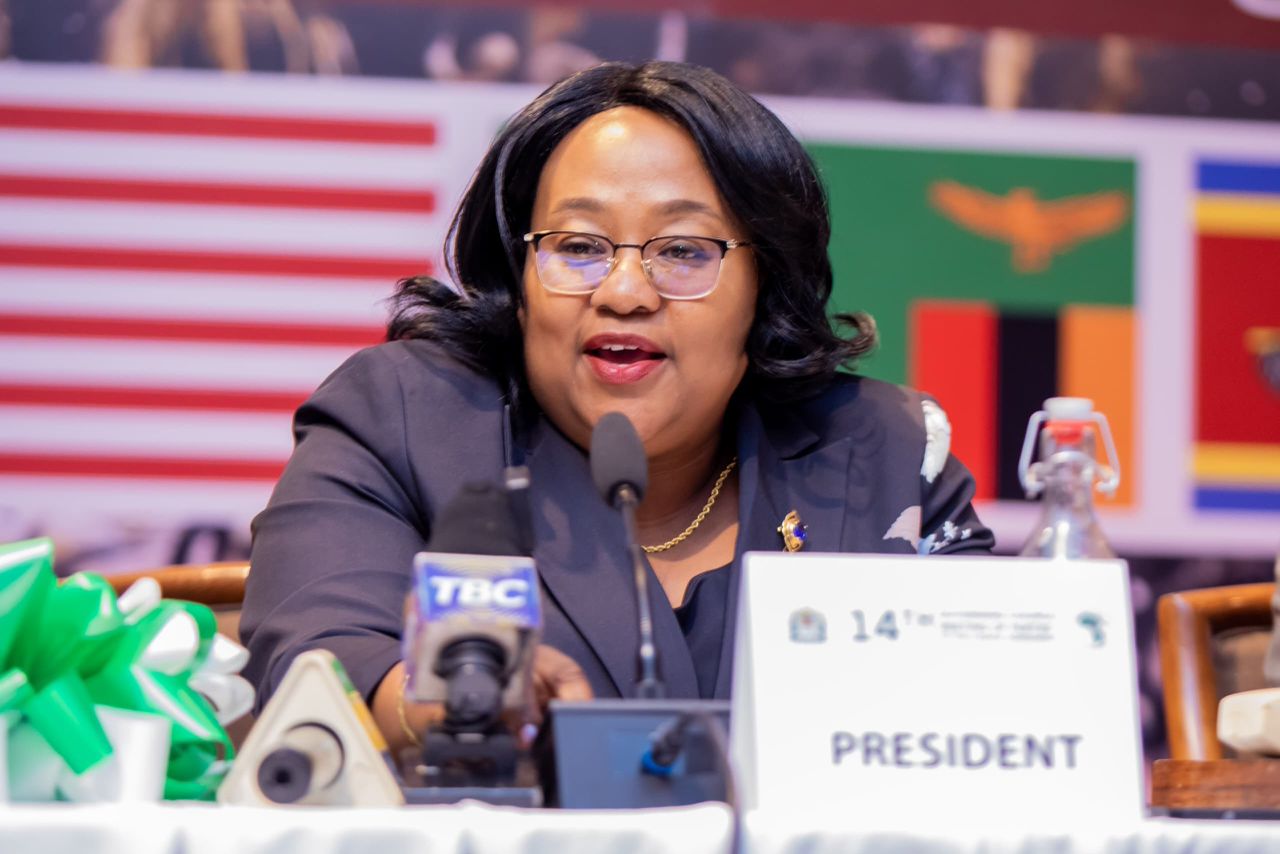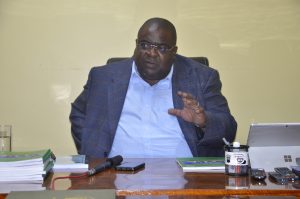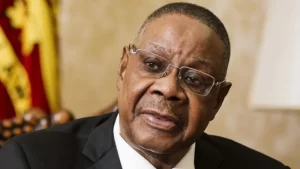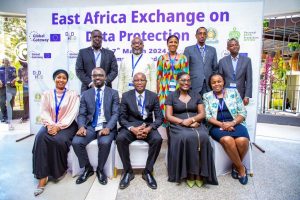Minister Chana Roots For Technological Investment To Curtail Criminal Syndicates On Wildlife And Forest Trafficking
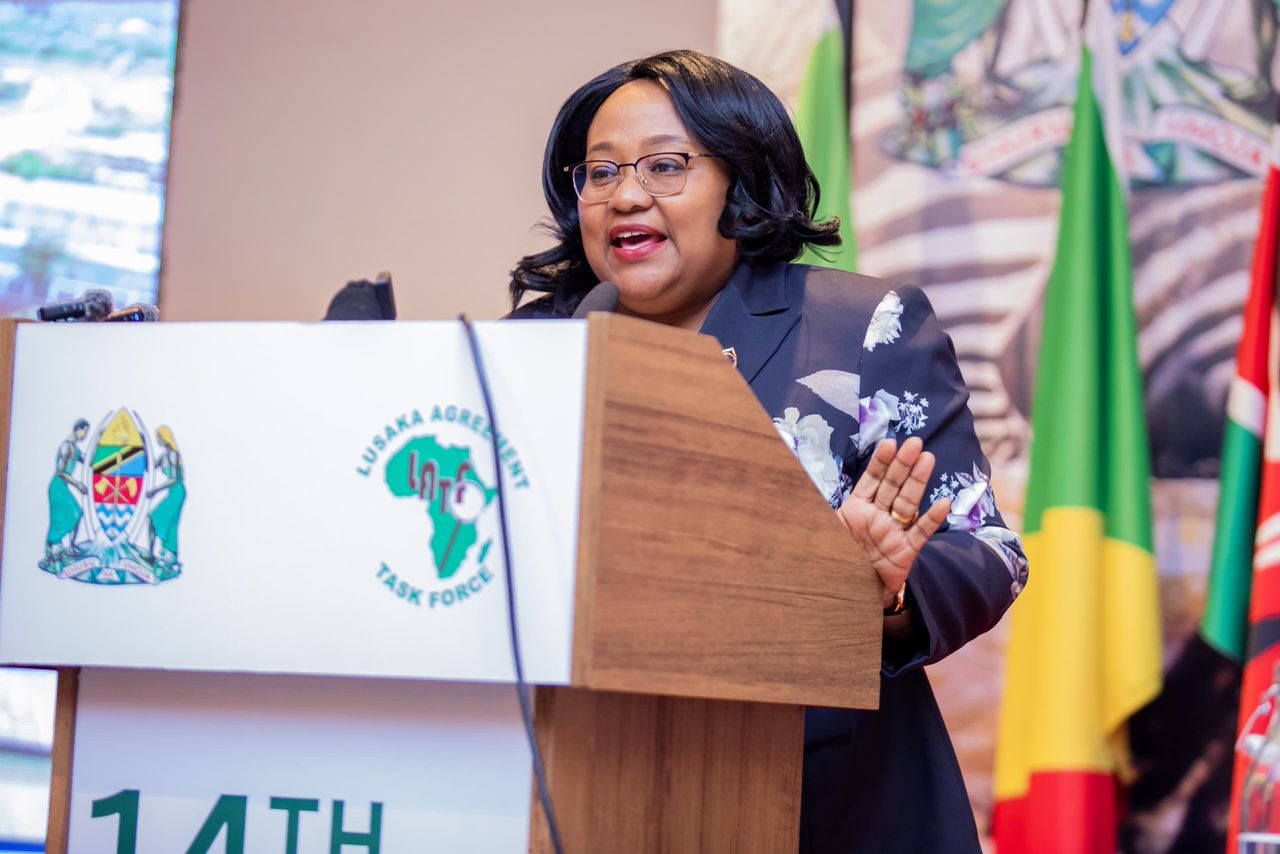
“Let us approach this session with singular purpose and unity of spirit as we rise above rhetoric to deliver tangible outcomes that strengthen enforcement, build capacity, and cement our role as custodians of a continent whose beauty the world envies, but whose future we alone must defend”
ARUSHA. PRESIDENT of the 14th Governing Council Meeting of Parties to the Lusaka Agreement (LATF), Natural Resources and Tourism Minister, Ambassador Dr Pindi Chana has urged the Agreement’s Member States to foster cooperation and investments in the areas of innovation, technology and governance models to help fueling war against criminal syndicates on wildlife and forest trafficking in all forest circles.
The Minister urged the LATF member countries to renew their commitment to the Lusaka Agreement and its strategic goals through linking conservation to development, justice to biodiversity and diplomacy to sustainability.
Ambassador Chana made the crucial call Today, Thursday May 8, 2025 when giving her acceptance remarks at the 14th Governing Council Meeting of Parties to the Lusaka Agreement, held in Arusha City.
“On behalf of the United Republic of Tanzania, I welcome you to Arusha, the diplomatic heart of East Africa, where unity, peace and progress converge,”
” Our gathering today is not merely procedural, it signifies the collective will of African nations to stand united against transnational threats to our biodiversity, economies and sovereignty,”
“Beyond convening here to review reports and progress we are here to reaffirm that the sovereignty of our natural resources and to say no to lawlessness or indifference ,” she said.
Ambassador Chana noted that, it was prudent, but also high time for the LATF member states to remain committed to the set LATF Strategic Plan 2025–2030.
“The LATF Strategic Plan 2025–2030 must be our compass and our collective political will, ” she said.
She insisted that, born of African ingenuity and forged in partnership with global alliance, the Lusaka Agreement remains a symbol of collective efforts and muscles in fighting against wildlife crime among the member states.
“This meeting is particularly crucial coming as it does at a time when criminal syndicates on wildlife and forest trafficking are on the rise, the situation which poses a huge threat to the integrity of Africa’s natural legacy,” she said.
She noted, Lusaka Agreement has evolved from a legal instrument into a platform of regional power, one that reinforces our shared sovereignty through collaboration, intelligence-sharing and coordinated enforcement.
The Minister said conservation is not just an environmental imperative, but a political priority, insisted that African landscapes are not only rich in flora and fauna but also vital pillars of regional stability, cultural identity, and sustainable economic growth, thus a need to ensure for effective protection of the natural areas for national interest and continental dignity.
“On its part, the United Republic of Tanzania has made major strides in combating wildlife crime and advancing conservation efforts over the past decade.
“Through strengthened legislation, including amendments to the Wildlife Conservation Act imposing harsher penalties, the establishment of the Wildlife and Forest Conservation Service (WFCS), and enhanced international and regional collaboration, Tanzania has fortified its commitment to safeguarding biodiversity,” she informed the participants of the key forum.
Other initiatives that Tanzania has been implementing to curtail wildlife crime, she said include community-based conservation, public awareness campaigns, technological innovations in surveillance, and decisive action against trafficking networks.
She extended sincere congratulations to Hon. Rebecca Miano, Cabinet Secretary for Tourism and Wildlife of the Republic of Kenya, and the outgoing Bureau for their stable leadership during the 13th Governing Council, saying their stewardship laid a firm foundation for the work we are now called to deepen.
” This is our moment to speak with one voice, to assert that Africa will not be a playground for international trafficking syndicates. Let the world know that Africa is not only rising but also protecting its rise,” she added.
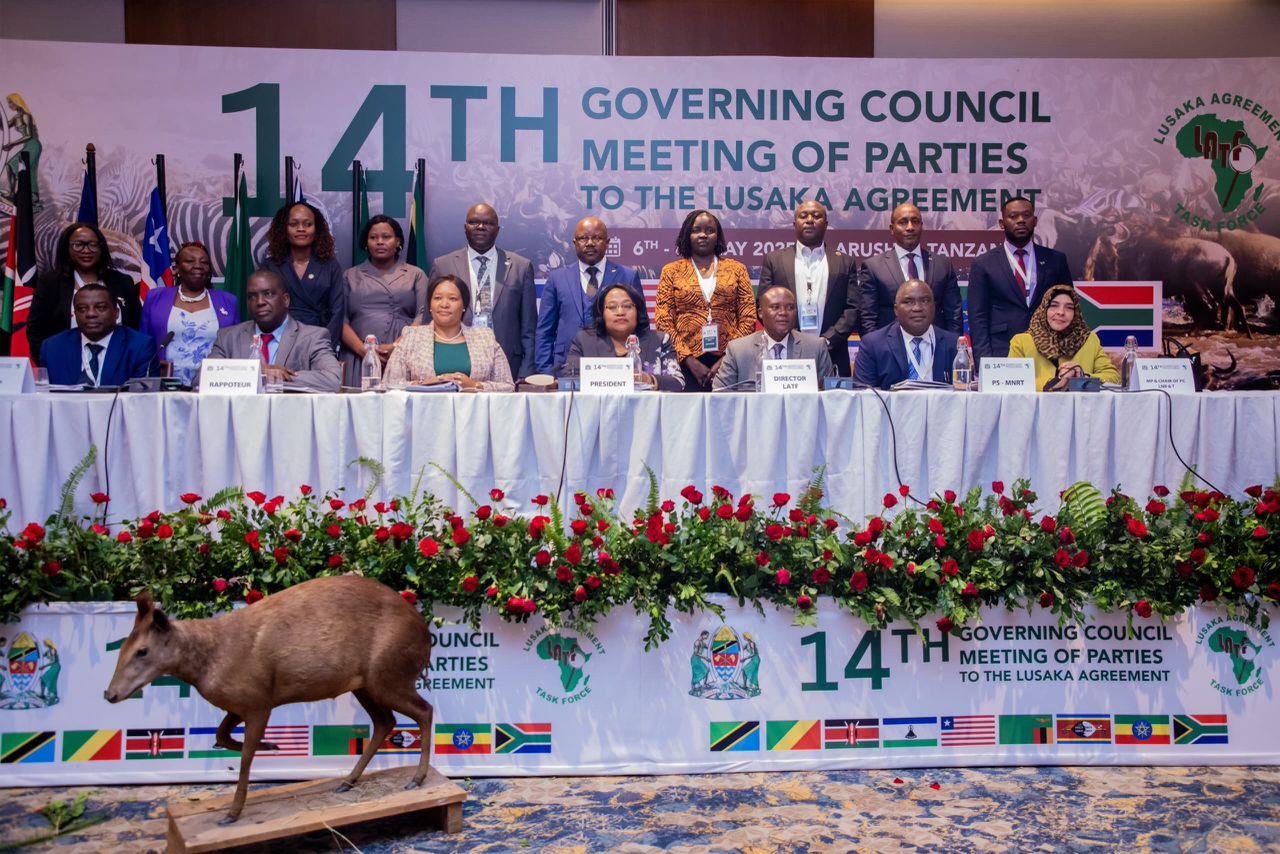
However, Minister Chana cautioned the delegation from LATF member states that wildlife crime is now entwined with global criminal networks, exploiting technology, corruption and porous borders.
“This is no longer just an environmental issue, it is a governance challenge, a security concern, and an economic threat. We must therefore elevate our response with equal sophistication, unity and resolve,” she alerted.
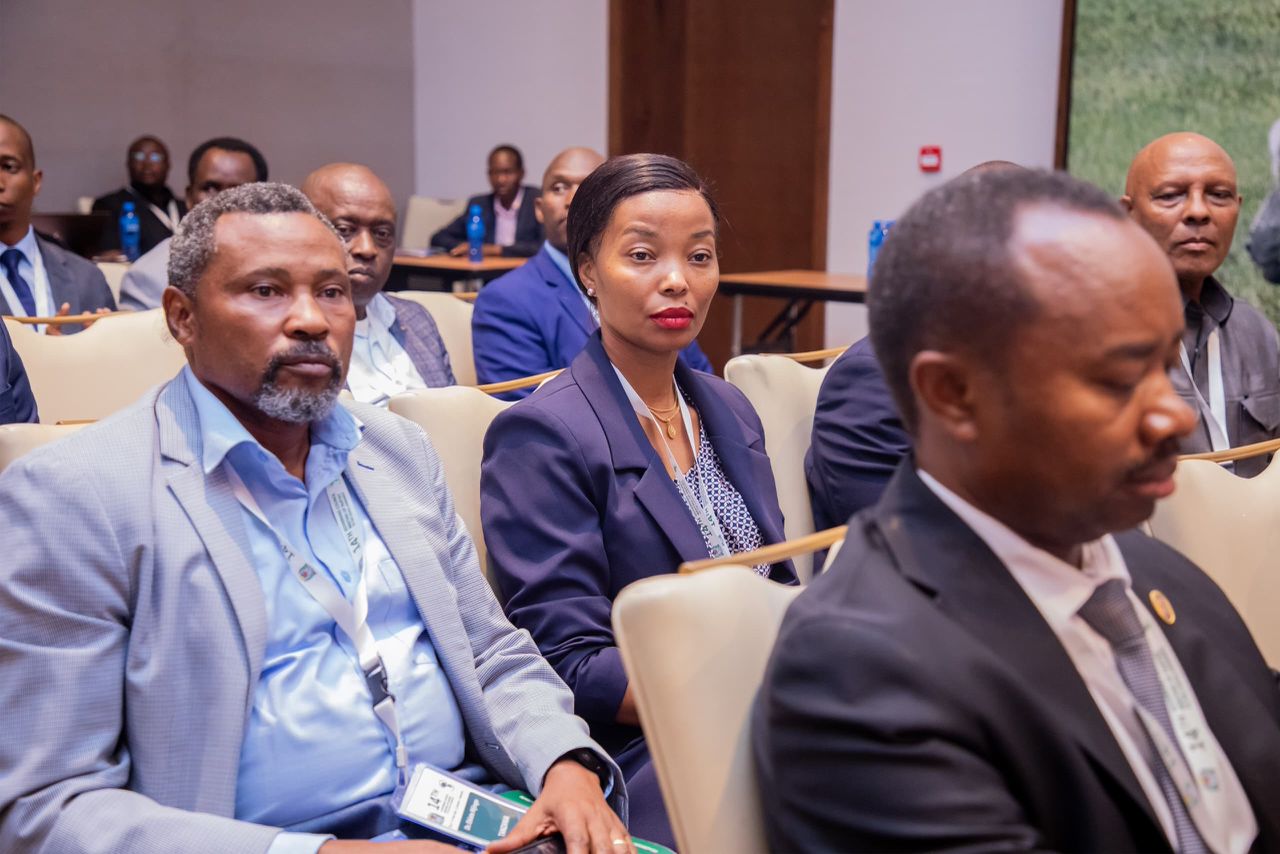
She spoke of being optimistic that Lusaka Agreement will work to go beyond a dynamic framework that galvanizes political leadership, mobilizes financial resources and fosters cross-border solidarity.
” It must be responsive to realities on the ground, while boldly shaping policy at the continental and global stage,” she noted.
Being her maiden speech at the capacity of President of the Council of Parties of the Lusaka Agreement Task Force (LATF), before the heads of delegations, high commissioners and Ambassadors, Minister Chana pledges to work round the clock , and with high patriotism to ensure the Agreement fetches the much needed results.
“It is with profound humility and great resolve that I accept the honour of presiding over the 14th Governing Council of the Parties to the Lusaka Agreement. I extend my heartfelt gratitude to all member states for the trust you have bestowed in me. Your confidence is not just a vote of support, it is a call to action,”
“As I take on this responsibility, I do so with humility and a profound sense of duty. I stand ready to work with each of you to advance a vision of Africa that is secure, sustainable and sovereign over its natural wealth,” she said.
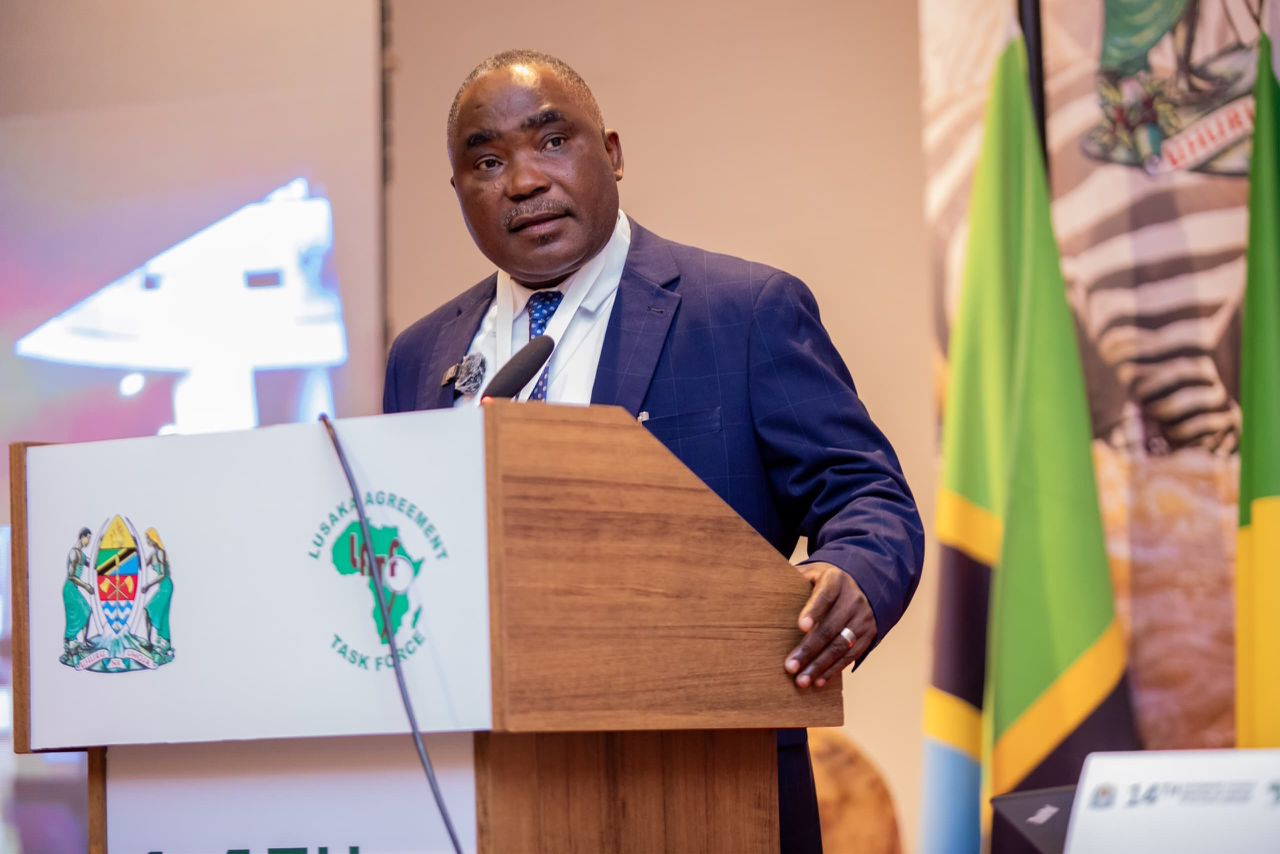
The Lusaka Agreement, conceived in the 1990s by visionary African leadership, stands as a testament to our shared resolve to combat trans national wildlife and forest crimes .
Far from being a mere treaty, it embodies a bold political commitment to justice and sustainability, serving as a regional framework of solidarity and action .
Today, as environmental crimes become more complex and trans boundary in nature, the Lusaka Agreement ought to evolve into amore agile and empowered instrument, capable of addressing these multifaceted challenges .
The Agreement is a strategic conservation to land a cornerstone in our broader fight for economic stability, governance integrity, and security across the continent our presence here underscores the enduring significance of a beacon of hope and a safeguard for Africa’s natural and economic heritage .

